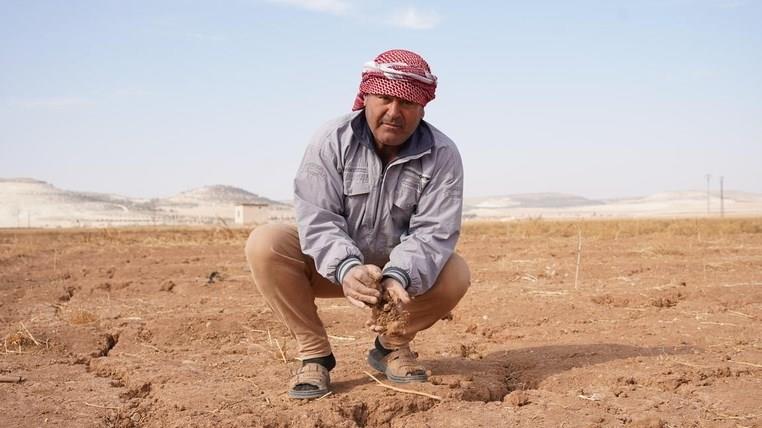
Global Agriculture Faces $3.26 Trillion Loss From Disasters

Between 1991 and 2023, catastrophic events have left an indelible mark on global agriculture, causing losses exceeding $3.26 trillion, a report from the Food and Agriculture Organization reveals. These disasters have not only disrupted food systems but also devastated the livelihoods of farmers and communities dependent on agricultural output.
The FAO's findings highlight that over the past three decades, agriculture has borne the brunt of a changing climate and more frequent natural disasters. In total, 4.6 billion tonnes of cereals, 2.8 billion tonnes of fruits and vegetables, and 900 million tonnes of meat and dairy were lost, underscoring the profound impact on global food security.
Floods, droughts, and heatwaves have been particularly destructive, as they lead to crop failures, water shortages, and reduced livestock productivity. The FAO points to several high-impact events that have had long-term effects on agricultural sectors worldwide. For example, the 2003 heatwave in Europe, which killed crops across France and Spain, and the droughts in the Horn of Africa in 2011, which decimated harvests and left millions facing hunger, are stark reminders of how vulnerable agriculture is to environmental shifts.
While climate change continues to exacerbate the frequency and severity of these disasters, the FAO report also underscores the growing risks posed by geopolitical instability and economic factors. Conflicts, such as those in Ukraine and parts of the Middle East, have also disrupted supply chains, contributing to further losses in agricultural production and food access. The interconnected nature of global food systems means that such disruptions ripple across borders, affecting countries far from the epicentre of the disaster.
See also Tornado Devastates Southern Brazil, State of Emergency DeclaredAgricultural experts stress the need for urgent measures to mitigate the impacts of these events. The FAO calls for stronger investment in resilient farming systems, which can better withstand shocks and continue to provide food in times of crisis. Innovations such as drought-resistant crops, improved irrigation techniques, and climate-smart agriculture practices are highlighted as essential tools for building long-term resilience.
However, the report also notes that while technological advancements and policy measures have improved some aspects of agricultural resilience, much more needs to be done. A coordinated global effort is crucial to address the root causes of agricultural vulnerability, which include environmental degradation, lack of access to resources, and limited technological adoption in developing regions.
The financial losses caused by disasters are not confined to direct damage to crops and livestock. The FAO points out that the economic toll extends to lost income for farmers, increased food prices, and higher costs for rebuilding agricultural infrastructure. Smallholder farmers, in particular, are at the mercy of these events, often unable to recover from the compounded financial pressures caused by crop failures and extreme weather events.
One of the most alarming trends highlighted in the report is the disproportionate impact of these disasters on low-income and developing nations. These regions, which are already struggling with poverty, food insecurity, and limited infrastructure, suffer the most when disaster strikes. In many cases, the damage to agriculture leads to spiralling social and economic crises, exacerbating hunger and malnutrition.
Despite these challenges, there are some encouraging signs that the global community is beginning to take the issue of agricultural resilience more seriously. International organisations, governments, and NGOs are increasingly focusing on climate adaptation strategies for agriculture, recognising that the future of food security depends on the ability to protect agricultural systems from the growing threat of disasters.
See also Texas Supports Permian Gas Plant With $1.1 Billion LoanNotice an issue? Arabian Post strives to deliver the most accurate and reliable information to its readers. If you believe you have identified an error or inconsistency in this article, please don't hesitate to contact our editorial team at editor[at]thearabianpost[dot]com. We are committed to promptly addressing any concerns and ensuring the highest level of journalistic integrity.
Legal Disclaimer:
MENAFN provides the
information “as is” without warranty of any kind. We do not accept
any responsibility or liability for the accuracy, content, images,
videos, licenses, completeness, legality, or reliability of the information
contained in this article. If you have any complaints or copyright
issues related to this article, kindly contact the provider above.


















Comments
No comment